Municipality of Paggaio
Fr. Papachristidi 137, Eleftheroupoli, 64100, Greece
website
website
Coastal erosion is one of the highly growing environmental concerns faced by coastal communities, aggravated by the prospect of accelerated sea level rise due to climate change and the accumulated negative effects of mismanagement practices. Over the past 100 years about 70% of the world's sandy shorelines have been retreating due to coastal erosion, while currently around 20% of EU coastline is eroding. Coastal erosion is directly linked to economic losses due to coastal retreat and loss of land, ecological damage (especially of valuable coastal habitats) and societal problems. In the BMP area the impact of high-frequency and high intensity winter storms, the effect of sediment blockage due to river damming, the degradation of beach stability in areas of urban and tourist activities and the lack of integrated approach in human interventions have led to significant coastal erosion rates. Presently, almost 30% of coasts in Greece are eroding or appear as vulnerable to erosion. In Cyprus this percentage reaches 38%, while in Bulgaria almost 71% of Black Sea beaches are eroding. In Albania, a country with 420 km coastline, coastal erosion is a significant issue for the northern and central parts. HERMES aims to develop a unified and harmonized framework for coastal erosion mitigation and beach restoration covering the four partner countries (Albania, Cyprus, Greece and Bulgaria) through the implementation of a coherent ensemble of studies, the sharing of already developed technical tools and the design of joint policy instruments. HERMES will aid coastal stakeholders to harmonize and adapt to the most relevant EU policies on coastal zones, as CC, Integrated Maritime Policy, Maritime Spatial Planning, ICZM, Marine Strategy and Water Framework Directives, Inspire, etc. Coastal municipalities and regional authorities, coastal users, local and international NGOs, landowners and businesses situated in or near coastal areas will benefit from project outputs.
HERMES capitalizes on previous EU-funded projects (BeachMED, CoastGAP, Coastance, Mare Nostrum) to build a joint coastal erosion methodological framework to be applied at four study sites (one per partner country). At each site: historic and future coastline retreat will be evaluated; erosion and climate change vulnerability indicators will be derived; causes related to human interventions will be assessed; existing environmental and socio-economic data will be integrated into a coastal webGIS; a modeling toolkit (meteorologic, hydrodynamic, wave and morphodynamic) will be applied; a series of intervention scenarios will be tested and evaluated. HERMES will place emphasis on the promotion of environmental-friendly technical works for coastal restoration (e.g., beach and dune stabilization, beach nourishment). Workshops and seminars will be organized to train national, regional and local managers on the use of HERMES system and raise the public awareness on the proposed action plan.
Timeframe
- On-going
Geographical coverage
- Mediterranean (widespread)
Intended Users
- Administrations/Authorities
- Businessmen/Companies
- General public
- Organisations/Associations
- Policy-makers/managers/planners
- Researchers and scientists
Source of funding
- EU Funds
Macro-themes
- Environment
Country of project partners
- Albania
- Bulgaria
- Cyprus
- Ελλάδα

